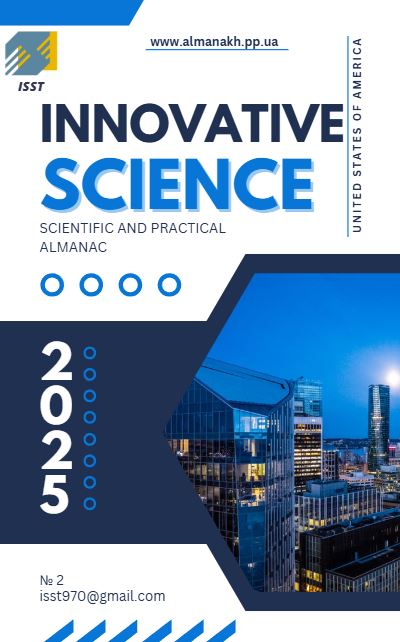LEVERAGING GAMIFICATION IN ESP TEACHING: A BOARD GAME APPROACH TO TECHNICAL IDIOMS
Ключові слова:
board game, gamification, language acquisition, metonymic cards, technical idiomsАнотація
This paper explores the integration of gamification into English for Specific Purposes (ESP) instruction for engineering students, emphasizing a board game designed to teach technical idioms. In engineering universities, where students require professionally oriented English for global communication, traditional methods often lack engagement. The proposed game employs metonymic cards and four tasks –matching idioms to meanings, categorizing them thematically, bingo-style listening, and situational application – to enhance vocabulary acquisition, listening skills, and pragmatic competence. Drawing on cognitive and motivational theories, the study highlights how visual cues and collaborative play improve retention and reduce affective barriers. Observations reveal increased student confidence and fluency in using idioms relevant to engineering discourse. The approach bridges linguistic and professional skills, offering a scalable model for ESP educators. Gamification, thus, emerges as a vital tool for aligning language learning with career demands in technical fields.
Посилання
1. Dewaele, J.-M., & Li, C. (2020). Emotions in second language acquisition: A critical review and research agenda. Foreign Language Annals, 53(1), 34–49. https://doi.org/10.1111/flan.12432
2. Lantolf, J. P., & Thorne, S. L. (2020). Sociocultural theory and second language development: State-of-the-art. Language Teaching Research, 24(4), 441–463. https://doi.org/10.1177/1362168820912358
3. Mayer, R. E. (2021). Multimedia Learning (3rd ed.). Cambridge University Press. https://doi.org/10.1017/9781316941355
4. Ryan, R. M., & Deci, E. L. (2020). Intrinsic and extrinsic motivation from a self-determination theory perspective: Definitions, theory, practices, and future directions. Contemporary Educational Psychology, 61, 101860. https://doi.org/10.1016/j.cedpsych.2020.101860






